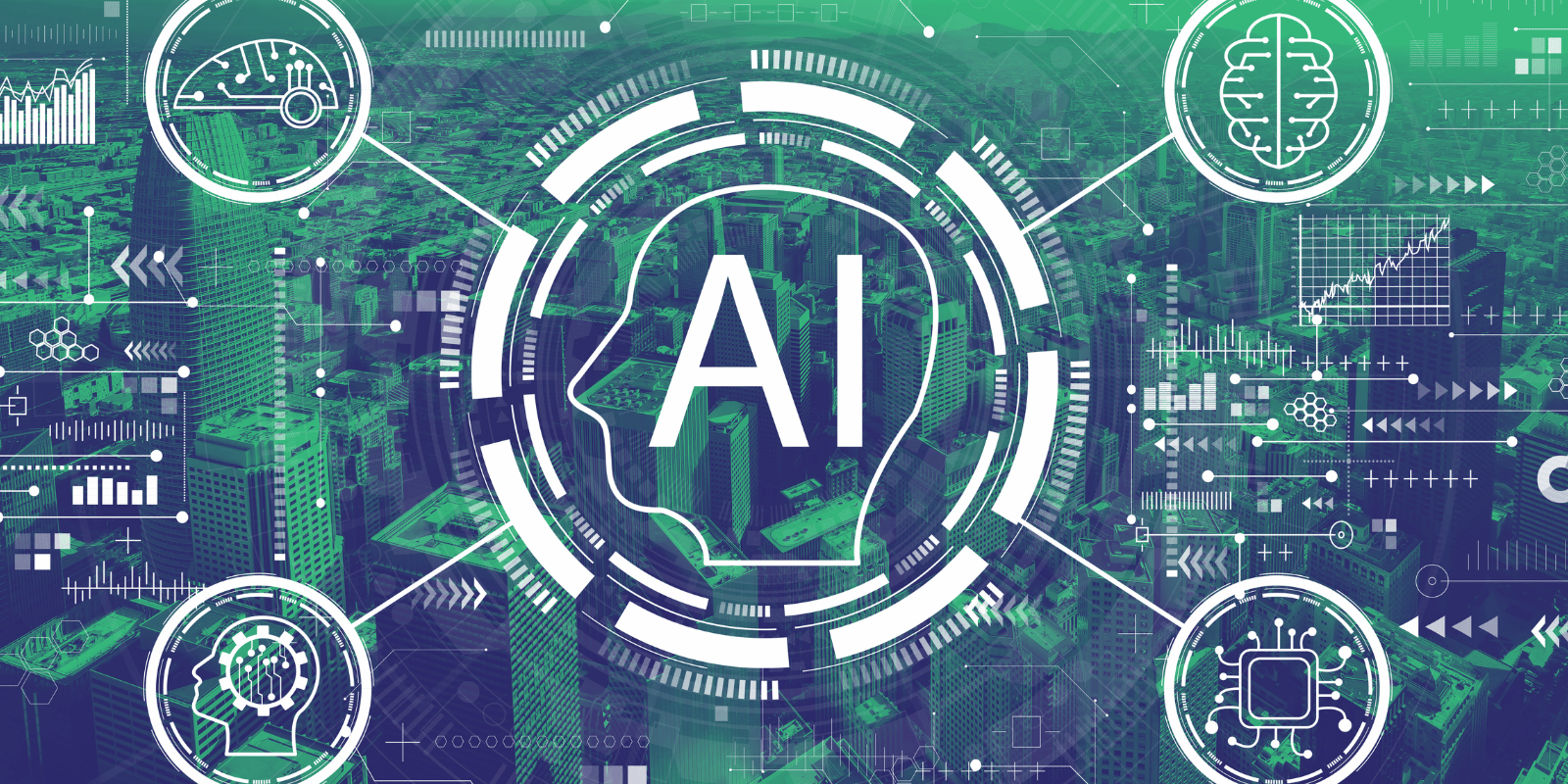Supercharging Efficiency: How AI Transforms Workplace Productivity
In the fast paced world of business, where efficiency is synonymous with success, organisations are turning to Artificial Intelligence (AI) to revolutionise the way they operate. AI is not merely a buzzword but a transformative force that supercharges workplace productivity in unprecedented ways. From automating repetitive tasks to enhancing decision making processes, AI is becoming the driving force behind the next wave of workplace efficiency.

One of the most significant contributions of AI to workplace productivity lies in automating mundane and repetitive tasks. Employees often find themselves bogged down by routine activities that consume time and mental energy. AI solutions, equipped with machine learning algorithms, can swiftly take over these tasks, liberating human resources to focus on more strategic and creative endeavours. From data entry to email sorting, AI powered automation streamlines workflows, reducing the risk of errors and improving overall efficiency.
Moreover, AI augments human decision making by providing data driven insights and predictions. In a data rich environment, extracting meaningful patterns and trends manually can be overwhelming. AI algorithms analyse vast datasets at incredible speeds, offering valuable insights that can inform strategic decisions. Whether it's optimising supply chain processes or predicting customer preferences, AI empowers organisations to make informed choices that drive efficiency and competitiveness.
Collaboration is another key aspect of workplace productivity that AI addresses. Advanced AI tools facilitate seamless communication and collaboration among team members, regardless of geographical locations. Natural Language Processing (NLP) capabilities enable virtual assistants and chatbots to enhance communication channels, answer queries, and facilitate smoother collaboration. This ensures that teams can work together more efficiently, breaking down silos and fostering a culture of shared knowledge.
In customer facing roles, AI driven chatbots are transforming the efficiency of service delivery. These intelligent virtual assistants handle routine customer queries, provide instant responses, and even facilitate transactions. By automating customer support, organisations can ensure 24/7 availability, enhance customer satisfaction, and free up human agents to focus on more complex and personalised interactions.
Efficiency gains are also notable in talent acquisition and HR processes. AI powered recruitment tools sift through resumes, identify qualified candidates, and even conduct initial interviews. This accelerates the hiring process, reduces time to fill vacancies, and ensures that organisations can secure the best talent in a competitive market. Additionally, AI can assist in employee training and development by personalising learning experiences, identifying skill gaps, and recommending relevant courses.
Predictive maintenance, enabled by AI and the Internet of Things (IoT), is transforming how organisations manage their assets. AI algorithms analyse data from connected devices to predict when equipment is likely to fail, allowing for proactive maintenance. This not only minimises downtime but also optimises resource allocation, making maintenance processes more efficient and cost effective.
While the benefits of AI in supercharging workplace efficiency are evident, it's crucial to address concerns related to job displacement. Rather than replacing human workers, AI should be viewed as a tool that augments human capabilities. By automating routine tasks, AI allows employees to focus on higher-order activities that require critical thinking, creativity, and emotional intelligence – skills that machines currently lack.
To conclude, the integration of AI is a game changer for organisations seeking to supercharge workplace efficiency. From automating repetitive tasks to enhancing decision making processes and fostering collaboration, AI is a powerful ally in the pursuit of productivity. As businesses navigate an increasingly competitive landscape, those that embrace and leverage AI will not only survive but thrive in the era of digital transformation.








.png?width=180&height=180&name=Ecovadis%202024%20(200%20x%20200%20px).png)
